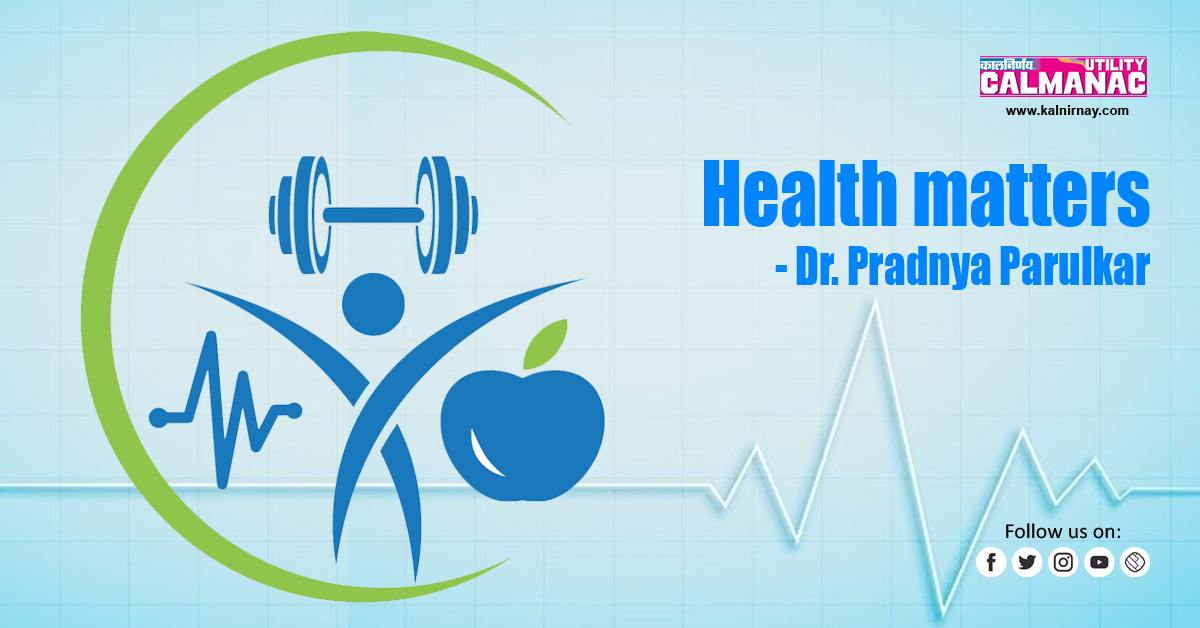Health matters
- Age: Age affects the woman more than the man. A woman is born with 2 million eggs in her ovaries and with each period, this reserve depletes. So advanced age means lower fertility. Medical tests like AMH (Anti Mullerian Hormone) and AFC (antral follicle count) on ultrasound can give you an idea of your ovarian reserve.
- Physical Fitness.
- Medical History – Talk to your doctor about any past or current major illnesses affecting your chances of conception and effects on the health of your future baby. Check for history of diabetes, hypertension, heart disease, CNS disease, Cancer, STDs, Genetic disorders, etc. Also, consider both partners’ surgical history for any surgery related to the reproductive system.
- Addictions: Alcohol, tobacco, or drugs consumption should be stopped immediately if you want to consider getting pregnant.
- Meet your gynaecologist: Your doctor will do a thorough physical check to understand your reproductive health. This is crucial to ensure that both partners are healthy before conception.
- Changes to expect during pregnancy.
- Expect physical, emotional, and psychological changes once you conceive due to changing hormones.
- Increased weight, water retention, and a growing belly. Breast enlargement and preparation for lactation.
- Nausea and morning sickness in the first trimester.
- Back pain and change in posture due to laxity in ligaments.
- Swollen feet and face. Stretch marks, darkening of the skin, hair fall.
- Breathlessness, dizziness. Changes in blood pressure. Shortness of breath due to changes in the respiratory and circulatory system.
- Emotional Changes: Mood swings, crying spells, fear of childbirth. You need immense support from your partner to cope with these.
On the career front :
Normally, a woman can work until the 9 months of pregnancy unless there are complications. Maternity leave of at least three months to advisable to exclusively breastfeed the baby. You must discuss maternity leave and work-from-home options with your seniors at work.
To read more English blogs, visit our blog section.
– Dr Pradnya Parulkar

